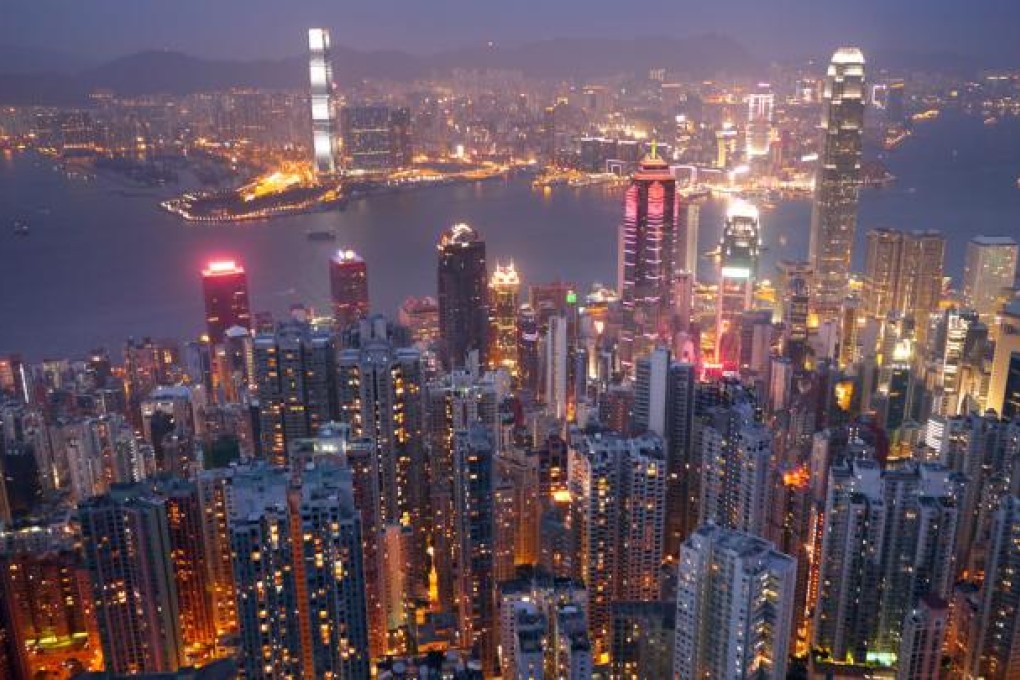Light pollution part of greater problems facing our planet

Thanks to fellow physicist Jason Pun Chun-shing and his quantitative assessment, we now know that Hong Kong is not just a world-class light polluter, but the world leader ("Light pollution in HK 'worst on the planet'", March 20).
Ironically, the epicentre is near the Space Museum. This is just confirmation of what I have already known qualitatively for the past 15 years teaching astronomy just up the road at the Polytechnic University.
At the beginning of the semester, I implore students to "imagine" a deep dark night sky, something few have ever in their lifetimes experienced. Only once was I ever successful in showing the Milky Way and that was to 120 students on a trip to Inner Mongolia.
I also teach human ecology, the study of ecosystems with human beings in them. It isn't just the upset of circadian rhythms and hormonal imbalances which are unhealthy. Our light pollution problem is simply indicative of a much larger one.
Biologists point out that we are in the midst of an anthropogenic mass extinction event, that for the first time in four billion years of geological history, one species, us, is undoing the very substrate of the natural world that all creatures are dependent upon.
A major part of the problem is that overwhelmingly our kind live a life of deep urban bias and are ignorant of the dictates of nature.